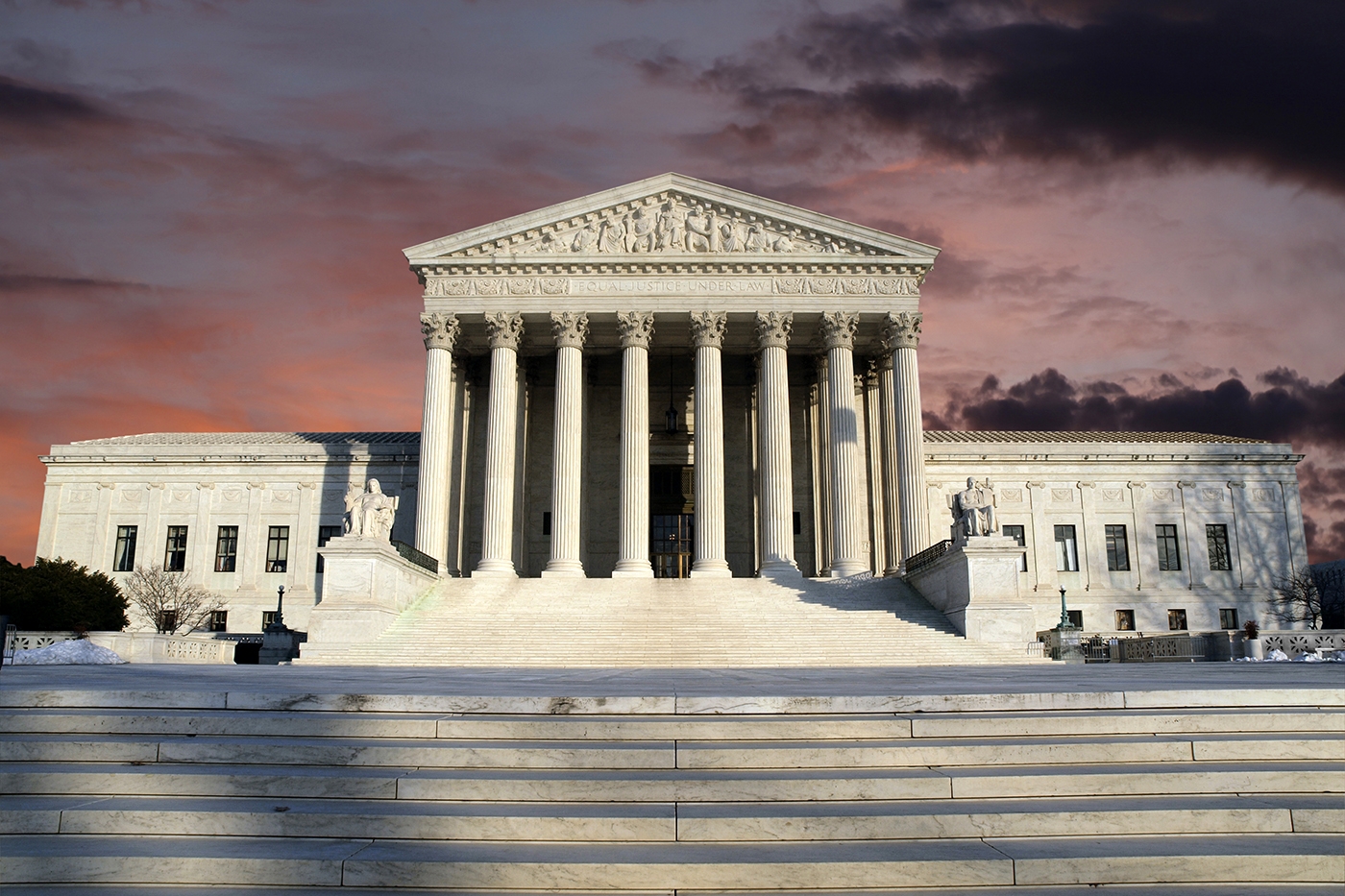Employers Beware: La Supreme Court Opens Line for Direct Negligence Claims from Employee Actions
Last week, in Martin v. Thomas, the Louisiana Supreme Court issued an opinion that will certainly impact the trucking industry, but could also have far-ranging consequences for any personal injury case involving simultaneous claims against an employer for vicarious liability and direct negligence. In the typical personal injury case, a plaintiff who is injured by a company employee while he is working (in Martin, a driver of a tractor-trailer collided with another motorist) will sue the employee for his own negligence, as well as the employer, who is legally responsible (i.e. vicariously liable) for the actions of the employee.
Additionally, plaintiffs often bring separate, direct negligence claims against the employer for negligently hiring, supervising, training, retaining, or entrusting the negligent employee. These kinds of claims open the employer up to invasive and costly discovery about its internal policies, practices, and procedures, which plaintiffs’ attorneys may use to paint the company as a bad actor. Nonetheless, companies have been able to avoid this result by entering into a written stipulation that its negligent employee was in the “course and scope” of his employment at the time of the allegedly negligent act. In that scenario, state and federal courts in Louisiana repeatedly held that the direct negligence claim became subsumed into the vicarious liability claim––that is, until last week.
In Martin, the Court held that a plaintiff can bring claims against an employer for both vicarious liability and direct negligence, even when the employer stipulates that its negligent employee was in the course and scope of his employment. The Court reasoned that Louisiana’s “pure” comparative fault system requires a court to assign a percentage of fault to each person whose fault caused the harm. The Court also noted that, under Louisiana law, an employer is not only responsible for its own tortious conduct, but also for the tortious conduct of an employee in the course and scope of the employment.
One reason for the Court’s decision in Martin was the lack of any binding authority (legislation or controlling Louisiana Supreme Court precedent) governing the stipulation rule. Notably, House Bill No. 843 of the 2022 Regular Legislative Session would have created a new evidentiary law that would have made evidence of alleged independent negligence of a commercial motor carrier inadmissible where the carrier admits vicarious liability for the actions of its driver. Unfortunately, however, the bill never advanced past committee hearings. Had it passed, Martin may have had an entirely different outcome. Given Martin’s potentially significant repercussions, it is certainly foreseeable that a bill similar to House Bill No. 843 will resurface during next year’s legislative session. Unless and until that happens, companies will have to minimize potential exposure for direct negligence claims in light of Martin.
While the new standard identified in Martin will have far-reaching consequences in litigation involving tractor-trailers and other commercial vehicles, it will also most likely be similarly applied against employers in all industries. Plaintiffs injured in accidents involving an on-the-job employee can now comfortably bring direct negligence claims against the employer, which will increase the amount of discovery, and, in turn, the potential exposure. All employers should review their hiring, training, and supervisory policies. Moreover, document retention policies should be evaluated, since materials related to hiring, training, and supervision will most likely be discoverable and necessary to produce in litigation. Companies should also review their insurance coverage and policy limits, to not only ensure that negligent hiring, training, retention, and supervision claims are covered, but also to account for the increased exposure that comes with additional, viable claims.
source
Significant Ruling on Employer Independent Negligence from Louisiana Supreme Court
Yesterday, the Louisiana Supreme Court issued a significant ruling in Martin v. Thomas, No. 2021-01490 (La. 6/29/22). The issue before the Court was whether an employer, which stipulated to vicarious liability for any potential negligence of its driver, was entitled to partial summary judgment and dismissal of the plaintiff’s direct claims against it for negligent hiring, training, supervision, and entrustment. In the recent past, Louisiana federal and appellate courts granted partial summary judgments and dismissed such claims against employers that stipulate to vicarious liability (i.e., that their employee was acting in the course and scope of his/her employment). This is because any potential negligence of the defendantemployee is automatically imputed to the employer pursuant to such stipulation. However, in its ruling today, the Louisiana Supreme Court determined that a plaintiff in Louisiana can now maintain both a negligence cause of action against an employee and a direct claim against the employer for negligent hiring, supervision, and entrustment. This includes situations in which the employer has pre-established the scope of employment. This decision will undoubtedly have a significant impact in litigation for employers, trucking companies, and commercial motor vehicle insurers doing business in Louisiana. Plaintiffs may now attempt to broaden the scope of discovery regarding an employer’s corporate hiring practices, training protocols, and safety rules. However, it’s important to note that a plaintiff’s independent claim against an employer for negligent hiring, training, etc. must still have merit. Otherwise, the employer will be entitled to summary judgment and a dismissal of such claims. With more than 35 years of experience, Galloway can quickly tell the difference, and is prepared to defend against any potential frivolous claims and fishing expeditions in discovery. source

